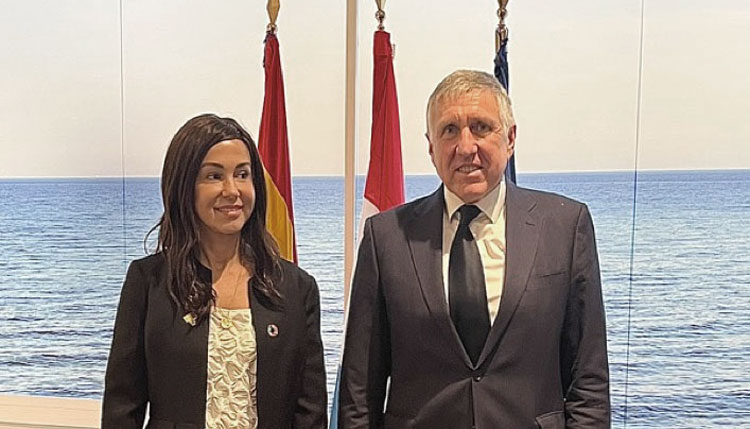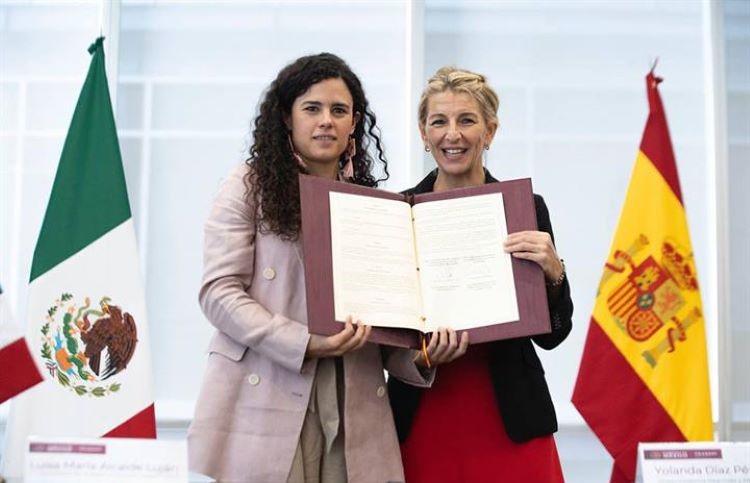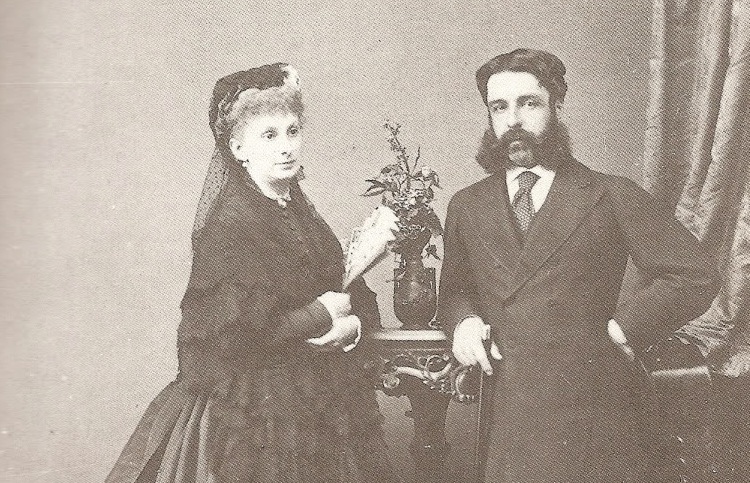The Diplomat
On 17 November, Luxembourg and Spain held a bilateral meeting on mobility, focusing on rail transport. Minister François Bausch, responsible for the Grand Duchy’s Mobility and Public Works portfolio, met with Isabel Pardo de Vera, Secretary of State for Transport of the Spanish Government.
Both had the opportunity to talk prior to the business meeting Railway highways, an innovation at the service of the Green Deal, held at the headquarters of the CEOE and attended by the main agents involved in the development and promotion of rail transport in both countries: MAFEX (Spanish Railway Association), CFL Multimodal, Lorry-Rail, Renfe and Adif.
At the opening of the conference, Christian Biever, Luxembourg’s ambassador, congratulated for the “excellent diplomatic relationship that has historically existed between both countries and encouraged the participants to extend this intensity to the economic and commercial sphere. Today, he continued, only 1% of the Grand Duchy’s imports come from Spain, which ranks ninth in terms of exports. These are poor figures and far removed from the excellence of our relations,” he said.
Biever also highlighted “the consolidation of Luxembourg as a centre of excellence in the field of transport” and expressed his confidence “that the meeting will allow us to lay the foundations for a path of effective collaboration, within a common framework defined by the same ideal of progress and social law”.
In her speech, the Secretary of State for Transport, Isabel Pardo de Vera, appealed to the competitive advantages of the railway in freight transport: “high capacity, long-distance efficiency, low emissions and low accident rate”. Qualities on which the objective of a 30 percent increase in its use within the EU by 2030 is based. In Spain, according to Pardo de Vera, this challenge is “even more ambitious, due to our disadvantage at the current starting point, and the way we tackle it will determine the competitiveness of our economy”.
For his part, Minister François Bausch described the current transport model, which prioritises individual mobility, as “very inefficient” and called for greater investment from all the agents involved, considering the amount set aside for this purpose within the European Recovery Funds to be “scarce”. Bausch specified this commitment in one figure: the investment of 500 euros per inhabitant per year in the improvement of the railway network.







